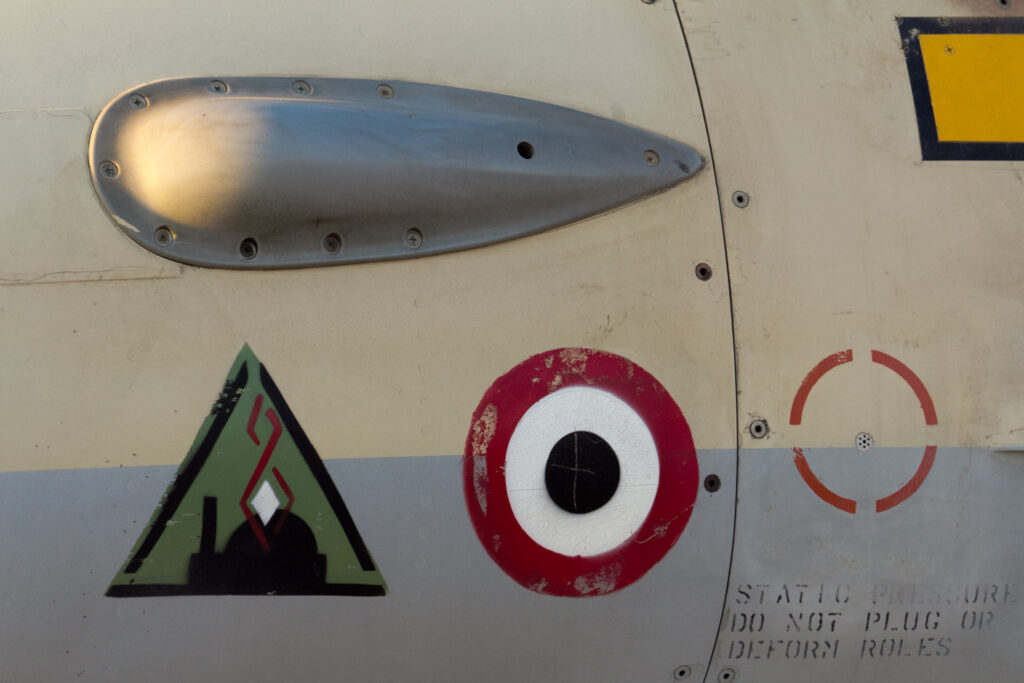June 7, 1981
Eight Israeli F-16s fly a 2,000-mile round trip to bomb Iraq’s Osirak plutonium nuclear reactor at the Tammuz I complex 10 miles south of Baghdad. The mission, Operation Opera, succeeds at destroying the nearly completed, French-built reactor, which Israel fears would have been used to develop nuclear weapons. Ten Iraqi soldiers and one French civilian are killed in the attack.
Prime Minister Menachem Begin’s approval of the operation establishes the Begin Doctrine: Israel will do whatever is necessary to prevent a hostile Middle Eastern regime from obtaining nuclear arms. The same doctrine is applied in 2007 when Israeli warplanes destroy a Syrian nuclear reactor in Operation Orchard, and the doctrine is behind Israel’s threats to use military action against Iran’s nuclear program.
Although French authorities and some experts refute that Iraq could have developed weapons with the Osiris-class reactor, which it purchased in 1976 and which Israel learned about in 1977, Israeli intelligence concludes that Osirak could produce atomic bombs of the size used against Hiroshima within five years of becoming operational.
The F-16s used in the attack were supposed to be sold to Iran, but the deal was canceled after Iran’s Islamic revolution in early 1979, enabling Israel to purchase the aircraft instead. Iran failed in its own attempt to destroy the reactor in 1980 during its eight-year war against Iraq.
Operation Opera pushes the F-16 fighter-bombers to the limit of their range. The fuel tanks are topped off on the runway immediately before takeoff, and pilots maintain a low speed on the way to the nuclear site to conserve fuel. Much of the logistical planning is done by Ilan Ramon, who flies the last plane in the formation more than two decades before he becomes Israel’s first astronaut aboard the doomed Columbia space shuttle in 2003.
Begin describes the mission as “literally a lifesaving operation,” and it wins praise from his immediate predecessor as prime minister, Yitzhak Rabin. Labor Party leader Shimon Peres, however, disapproves of the operation, which is condemned by the United States, France and the United Nations.










